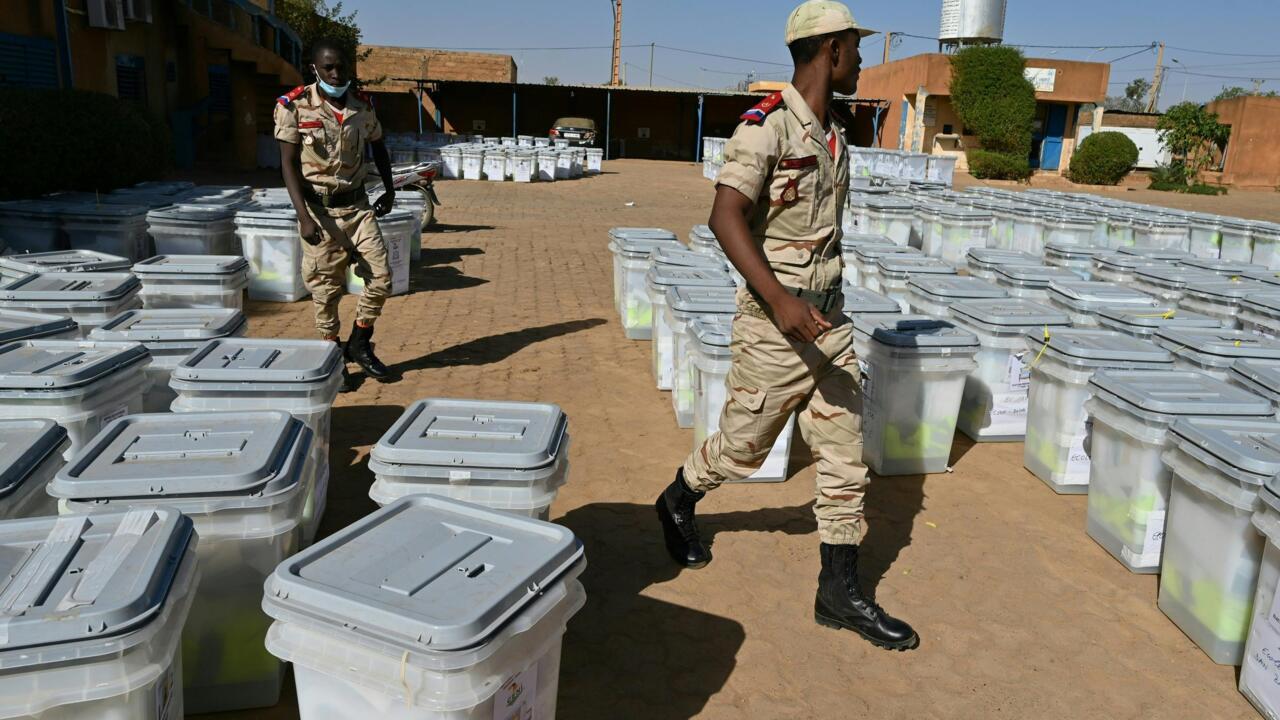Niger, one of the poorest countries in the world and undermined by jihadist attacks, elects a new president on Sunday, December 27, in a democratic first in this country marked by coups.
Head of State Mahamadou Issoufou is preparing to leave power peacefully after his two constitutional terms.
Some 7.4 million voters out of 23 million inhabitants are called to the polls from 8 a.m. to 7 p.m. local time.
"Handing over power in 2021 to a democratically elected successor (...) will be my greatest achievement, it will be a first in the history of our country," said President Issoufou, whose withdrawal was unanimously welcomed on the stage international, as many African heads of state cling to power.
Considered the big favorite of the poll, Mohamed Bazoum, Issoufou's right-hand man, hopes to perpetuate democratic transitions in this country which has never seen two elected presidents succeed one another since independence in 1960. Aged 60, this former Minister of the Interior considered to be the strong man of the regime is aiming for a victory in the first round, which has never been achieved before.
"Little enthusiasm" for the poll
"After us, it's us," says one of Mohamed Bazoum's campaign slogans.
Bolstered by the overwhelming victory of the ruling party in the local elections, the candidate promised to focus on security and education, especially for young girls while the country holds the world fertility record (7.6 children per woman).
Thirty candidates are vying for the ballot, which arouses "little enthusiasm" from the population, according to a connoisseur of Nigerien politics.
This source highlights the lack of renewal of the political class, with two former presidents (Mahamane Ousmane and Salou Djibo) and two former prime ministers (Seini Oumarou and Albadé Abouba) among the candidates, for an average age of over 60 years, in a country where the population is very young.
Part of the opposition chose to attack Mohamed Bazoum on his membership of the Arab minority, although he was unquestionably born in Niger.
For the secretary general of the Alternative civic space association Moussa Tchangari, it is "unfortunate that the debate is about this and not about the results of ten years in power at Issoufou".
"The old people must pass the torch now"
"We are in a country adrift, things are wrong in terms of security, freedoms, social development, the health system, education, corruption," he said.
"What we want is to give power to the young. The old people must pass the torch now," also claims Salamou Hassane, a seller of cakes in Niamey.
"We don't have a bag of rice, we don't have a bag of corn, it's only with the cakes that we can feed the family. I would like everyone to benefit from the benefits of politics, because we never think of the poor. "
On the security front, two deadly attacks, one in the West (7 soldiers killed on December 21) where the Islamic State in the Great Sahara (EIGS) is regularly rife, and one in the East claimed by Boko Haram (34 dead on December 12), occurred in the run-up to the poll.
The relentless attacks by jihadist groups have claimed hundreds of lives since 2010, and driven hundreds of thousands of people from their homes.
With AFP
The summary of the week
France 24 invites you to come back to the news that marked the week
I subscribe
Take international news everywhere with you!
Download the France 24 application
google-play-badge_FR

